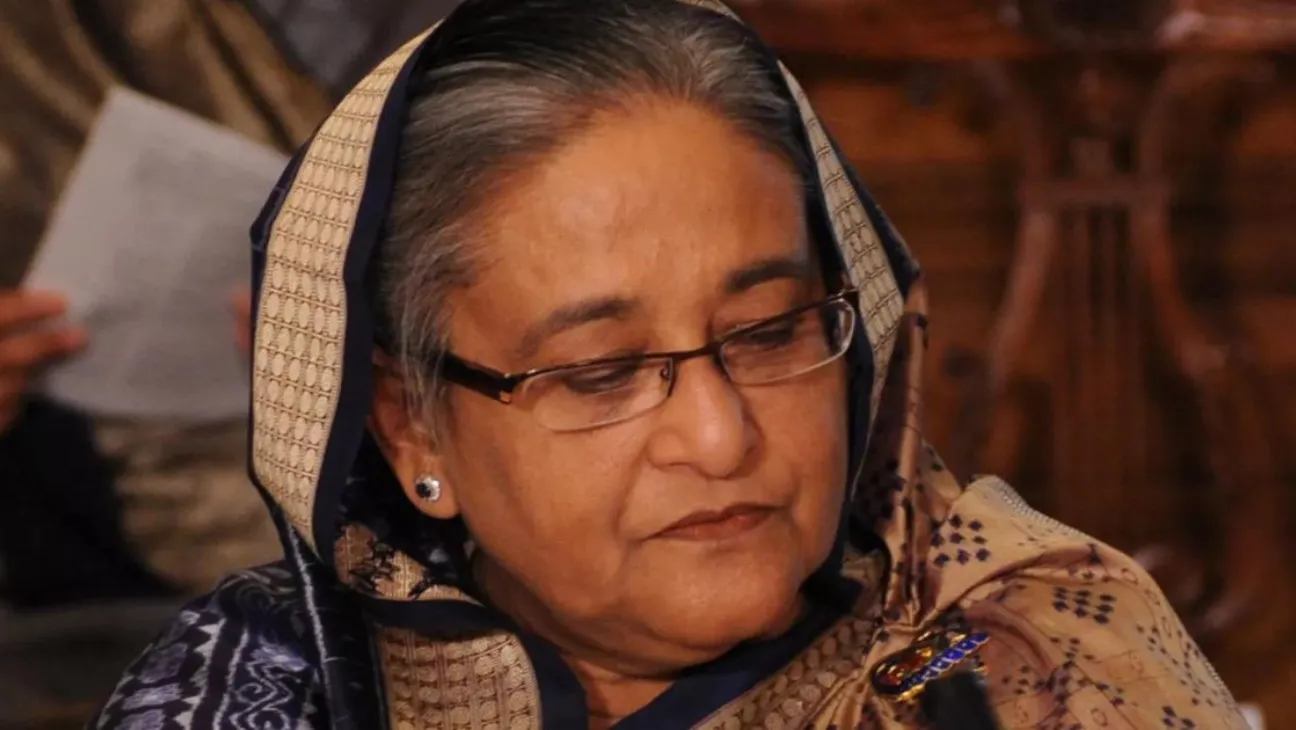The International Crimes Tribunal (ICT)-1 will announce its decision on 10 July regarding the framing of charges against former Prime Minister Sheikh Hasina and two other former top officials in a high-profile war crimes case.
The case involves allegations of crimes against humanity tied to the July–August 2025 mass uprising. The two accused are former home minister Asaduzzaman Khan and ex-IGP Chowdhury Abdullah Al-Mamun.
Justice Md Golam Mortuza Mozumder, who heads the three-member tribunal, set the date after both sides wrapped up their arguments on Monday.
Chief Prosecutor Muhammad Tajul Islam presented five charges and urged the court to indict the trio. He read the charges aloud in court on 1 July, laying the foundation for the hearing.
On the defense side, Advocate Amir Hossain argued for the discharge of Hasina and Asaduzzaman. Both were absent from court and represented by state-appointed counsel. Former IGP Al-Mamun, who appeared in person, was represented by Advocate Zayed Bin-Amjad.
The tribunal had earlier directed Hasina and Asaduzzaman to surrender by 24 June. Public notices were issued in two newspapers — one in Bangla and one in English — after reports indicated the pair were likely in India.
The tribunal warned that the trial would proceed in their absence if they failed to appear. That warning came under Section 10A of the International Crimes (Tribunals) Act, 1973.
Despite the summons, neither Hasina nor Asaduzzaman turned up, prompting the court to move forward with the charge framing process.
The case has drawn widespread attention since the ICT took formal cognisance of the prosecution’s charges on 1 June.
On 12 May, the tribunal’s investigation agency submitted its final probe report. That document outlined the alleged roles played by the accused in acts of mass killing and other crimes.
By 16 June, the court had instructed authorities to publish notices ordering the fugitives to appear within seven days.
The charges remain sealed for now, pending the court’s ruling. If the tribunal decides to move forward, a formal trial may begin — possibly without two of the accused present.









